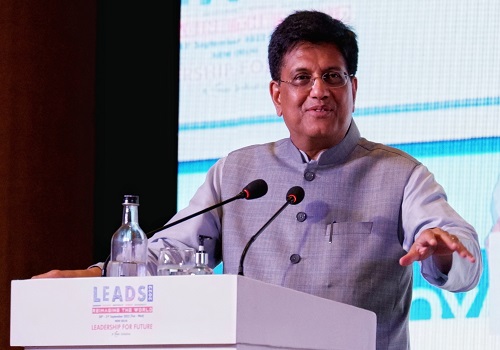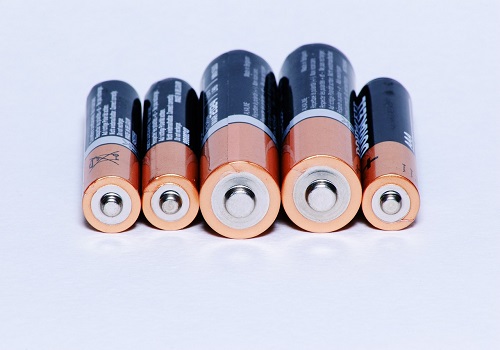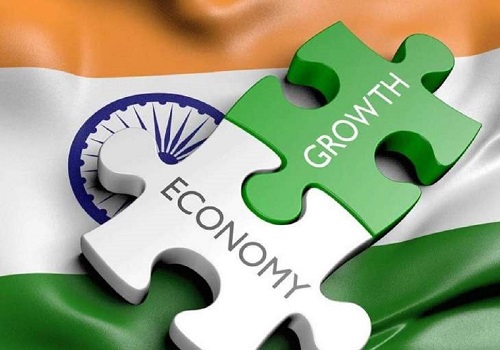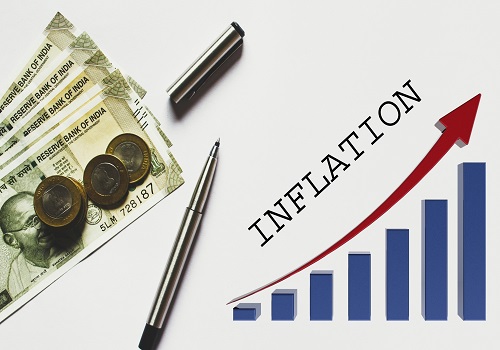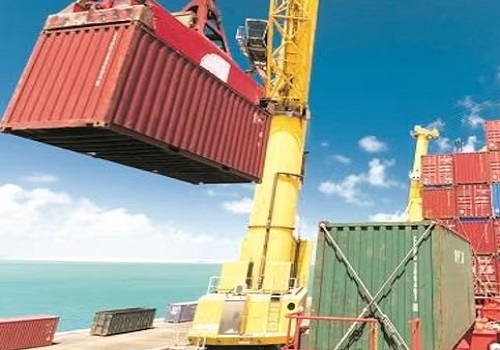Corporate India: Dodging global headwinds Credit Quality Assessment for H2FY23

Follow us Now on Telegram ! Get daily 10 - 12 important updates on Business, Finance and Investment. Join our Telegram Channel
Mumbai: CareEdge Ratings' credit ratio, which measures the ratio of upgrades to downgrades, normalised to 2.72 in H2FY23 after reaching an all-time high of 3.74 in H1FY23. During H2FY23, CareEdge Ratings upgraded the ratings of 383 entities and downgraded the ratings of 141 entities. While the credit ratios for both, Investment Grade (IG)1 and Below Investment Grade (BIG)2 portfolios saw a moderation in H2FY23, the IG portfolio's credit ratio continues to remain superior at 2.99 (down from 3.90 in H1FY23), indicating that our investment-grade portfolio has exhibited higher resilience. On the other hand, the credit ratio for the BIG portfolio decreased to 2.22 in H2FY23 from its peak of 3.54 in H1FY23.
The normalisation in the credit ratio is in the backdrop of global headwinds with slowdown in external demand, rising interest rates, spill-overs from the Russia-Ukraine conflict and uncertainties in the financial system. Amid these uncertainties, India’s economy has shown relatively greater resilience with the high-frequency economic indicators like Goods & Services Tax (GST) collections, Electronic Way (E-way) bill generation, services Purchasing Managers Index (PMI), and retail credit growth pointing to healthy consumption demand. According to Sachin Gupta, Executive Director and Chief Rating Officer-CareEdge Ratings, “The credit ratio for H2FY23 has normalised but remained resilient as expected, despite slowdown in the global economy and uncertainties in the financial system as manifested in the recent streak of bank collapses. The Indian economy is relatively better placed with GDP growth estimated at 7% in FY23, which is expected to moderate to 6.1% in FY24. CareEdge Ratings believes that corporate India has managed to dodge the global headwinds for now and is likely to continue to grow at a steady pace. However, we remain mindful of the prevailing uncertainties and continuously track their implications on the Indian corporates”.
CareEdge Ratings’ credit ratio for the manufacturing and services sector during H2FY23 was at its second highest in the past five years at 2.69 (down from the peak of 4.59 in H1FY23). The sectors that saw high upgrades in this period were healthcare, auto, hospitality, pharmaceuticals, textiles and steel. “The pace of upgrades in the manufacturing and services sector has moderated but upgrades continued to significantly outnumber downgrades backed by robust domestic demand, deleveraged balance sheets and some easing of commodity cost pressures,” said Padmanabh Bhagavath, Senior Director - CareEdge Ratings (Corporate Ratings). The infrastructure sector witnessed improvement in the credit ratio which surged to 3.10 in H2FY23 from 2.24 in H1FY23, driven by higher number of upgrades in the power and transport infrastructure segments. Commissioning of projects especially in the road Hybrid Annuity Model (HAM) segment & solar power generation space, improvement in collection efficiency supported by the equated monthly instalments (EMI) scheme in the power sector, robust toll revenue performance and refinancing at better interest rates were the prominent drivers. “Infrastructure entities are poised for robust performance in FY24 with likely increase in thermal Plant Load Factors (PLFs), favourable Wholesale Price Index (WPI) led toll growth, competitive renewable energy tariffs and strong revenue visibility aided by government’s focus on infrastructure. Rising interest rates in the economy may, however, dampen the buoyancy to some extent”, said Rajashree Murkute, Senior Director - CareEdge Ratings (Infrastructure Ratings). The credit ratio for the Banking & Financial Services (BFSI) sector moderated to 1.91 in H2FY23 from 4.0 in H1FY23 with downgrades on account of some weaker companies experiencing a deterioration of their liability franchise and regulatory changes affecting entities in the unsecured personal loan space. Upgrades in the BFSI sector remained high, triggered by better capitalisation levels and improved profitability as a result of scaling benefits. In the view of Sanjay Agarwal, Senior Director - CareEdge Ratings (BFSI Ratings), “The credit outlook is expected to be stable for Banks and Financial services with high growth, supported by strong capitalisation levels and reducing Gross Non-Performing Assets. (GNPAs). An increase in credit deposit ratio and thrust for deposits are however, likely to impact the Net interest margin (NIM) of banks in the immediate term. Rising interest rates are also expected to impact interest spreads of NBFCs in the near term, with part of the impact likely to be offset by increasing operating leverage and reduction in credit cost.”
Overall, despite the slowdown in the global economy and uncertainties in the financial system, CareEdge Ratings believes that Corporate India has remained relatively resilient. Going forward, CareEdge Ratings expects the credit outlook to be stable, aided by robust growth in domestic demand, deleveraged balance sheets, easing of commodity cost pressures and government’s thrust on infrastructure spending. However, increasing interest rates, prolonged slowdown in global demand, spill overs from the Russia-Ukraine war, inflationary pressures and emerging uncertainties in the global financial system are the key monitorables on the credit risk.
Above views are of the author and not of the website kindly read disclaimer










Tag News

Monthly Debt Market Update, September 2023: CareEdge Ratings





 320-x-100_uti_gold.jpg" alt="Advertisement">
320-x-100_uti_gold.jpg" alt="Advertisement">

